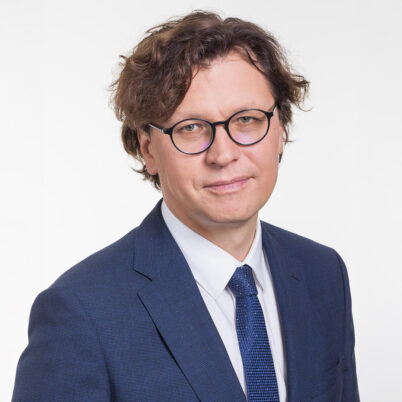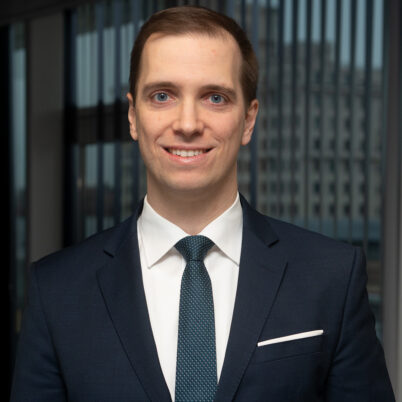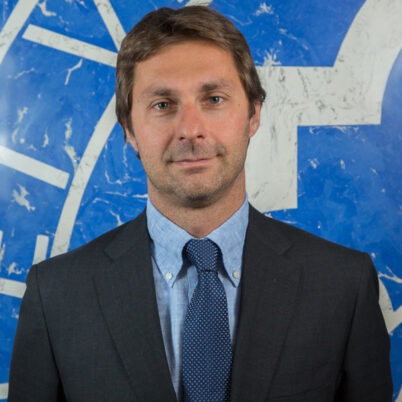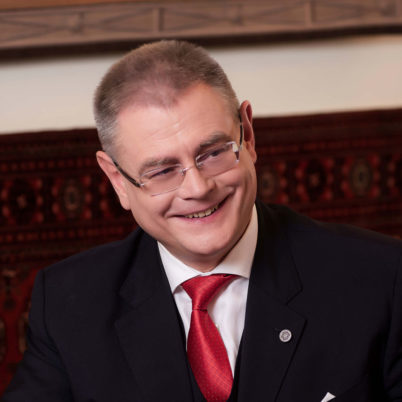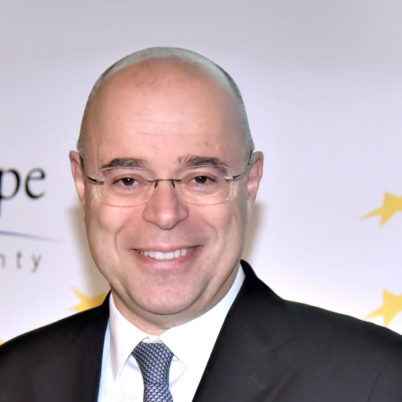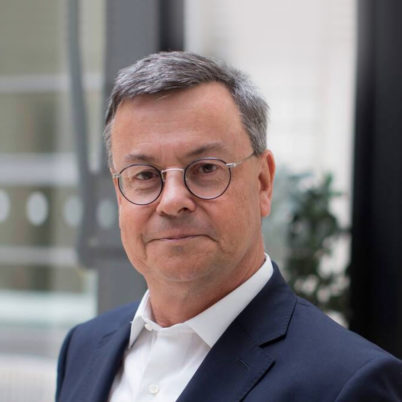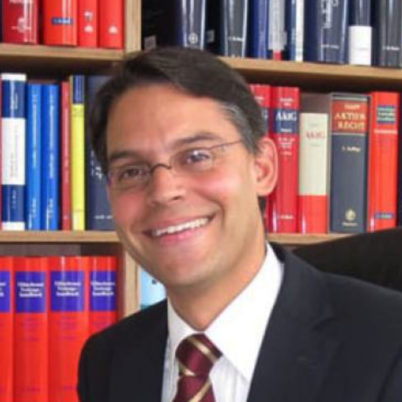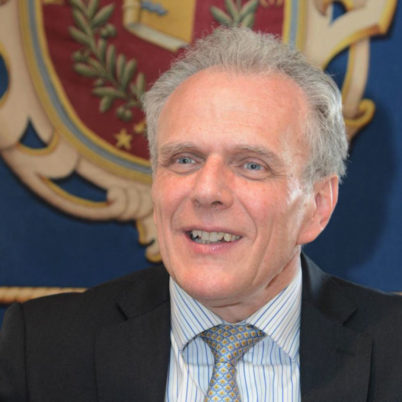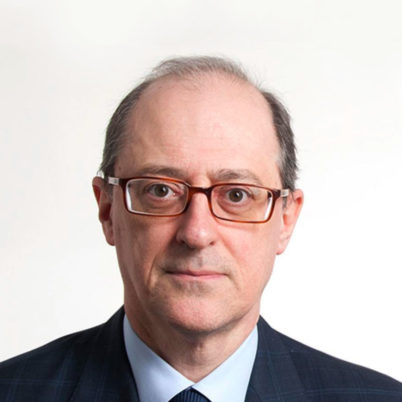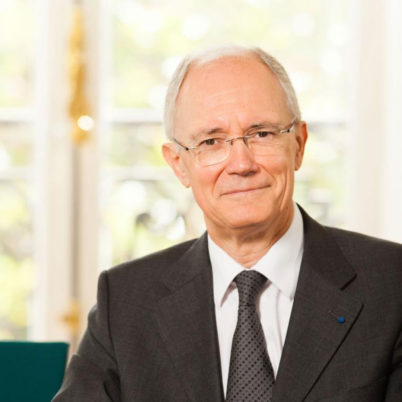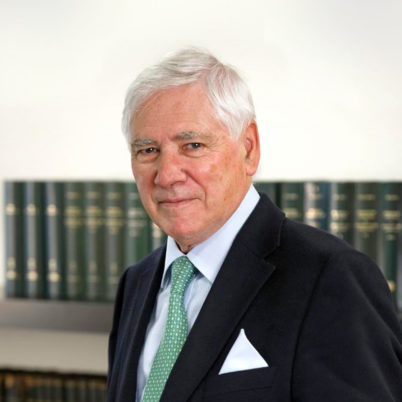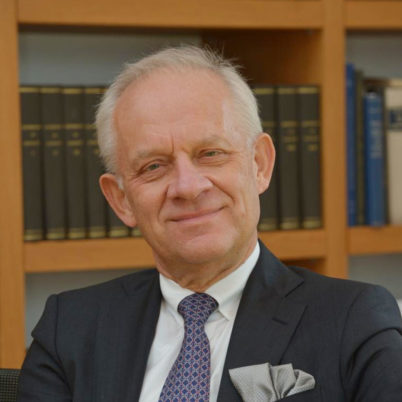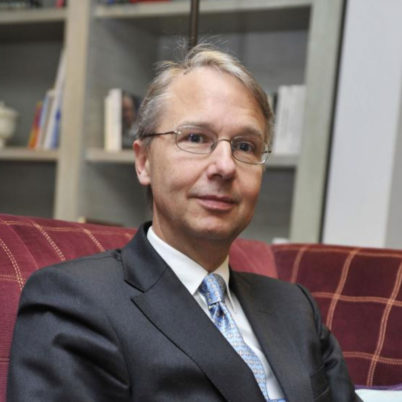_CNUE
Governance
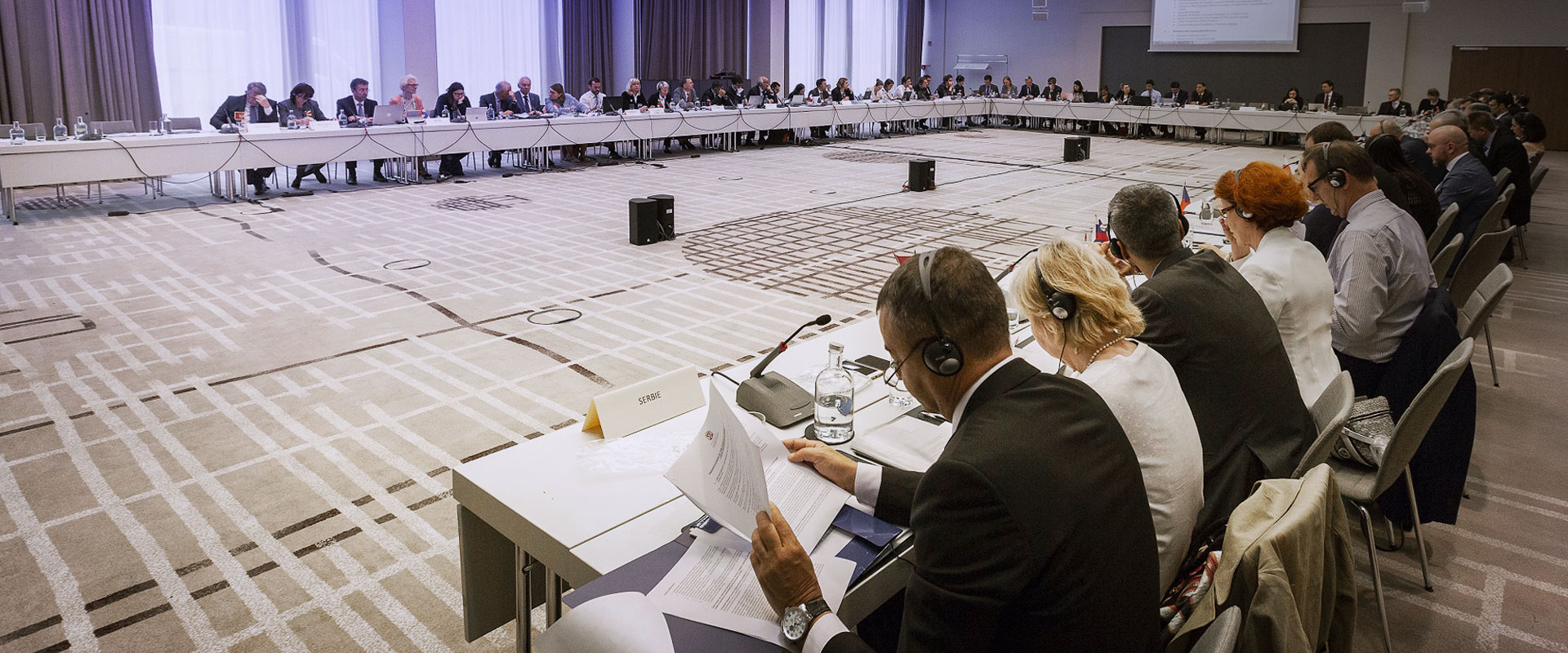
Presidency
Each year, the CNUE member notariats appoint a new President for a one-year term. The President thus represents the 22 CNUE member notariats and 50 000 European notaries in their dealings with the European institutions. The President directs the work of the CNUE, sets guidelines and strives to find consensus to defend the positions of the European notariat.
Cosita Delvaux, President of the CNUE 2025
For 2025, my priorities as President of the Council of the Notariats of the European Union (CNUE) aim to respond to the current challenges of our profession, while exploring opportunities for innovation and cooperation.
Continuity will be at the heart of my presidency. We will continue to develop key topics such as company law and the digitalisation of justice, in order to adapt our profession to societal and technological developments, while strengthening our role at the service of citizens and businesses.
I will also put particular emphasis on the cross-border protection of adults, a growing challenge at European level. The CNUE intends to look into the implementation of powers of attorney issued by notaries in a cross-border context, both lasting powers of attorney and general or special powers of attorney, in order to ensure that, in the interest of legal certainty, such powers of attorney have not been revoked. With this in mind, the CNUE will analyse the advisability of notarial chambers setting up registers where they do not yet exist, and the feasibility of interconnecting existing registers at European level.
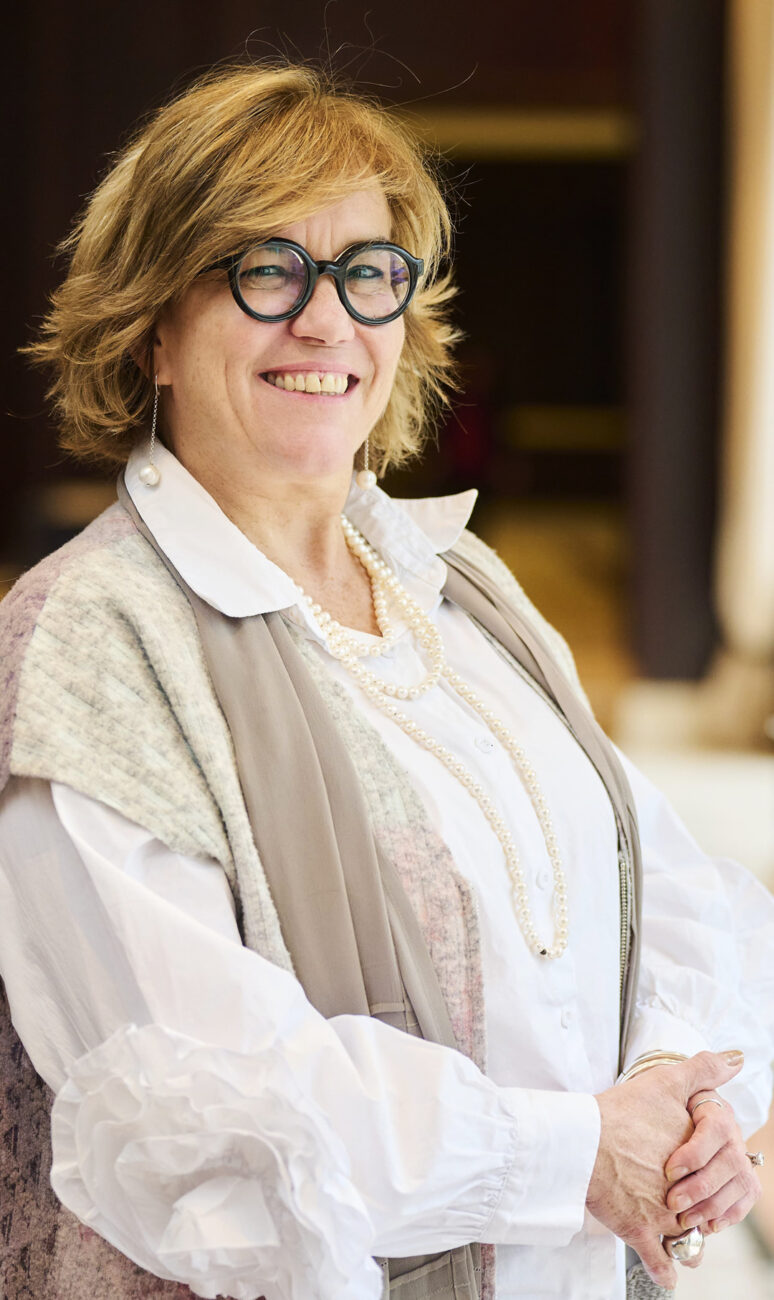
2025 will also mark the 10th anniversary of the European Regulation on international successions. This will be an opportunity to analyse the lessons learned from its implementation and organise a European dialogue to enhance the efficiency of existing rules and identify opportunities for other areas.
In the face of the growing threats of cybercrime and digital fraud, we will strengthen the resilience of our profession. By facilitating the exchange of best practices between notariats, we will help to better protect our activities against these risks.
These priorities will be implemented with the aim of strengthening unity and cooperation within the CNUE, while supporting European notariats in their day-to-day actions. I want our profession to continue embodying reliability, modernity and legal certainty for citizens and European institutions alike.
I thank the members of the CNUE for their trust and commitment. Together, we will continue to make the notariat a key player in preventive justice and a key partner of the European Union.
We will continue to develop key issues such as company law and the digitalisation of justice, in order to adapt our profession to societal and technological developments, while strengthening our role at the service of states, citizens and businesses.
_Former Presidents
2011 - Austria
Rudolf Kaindl
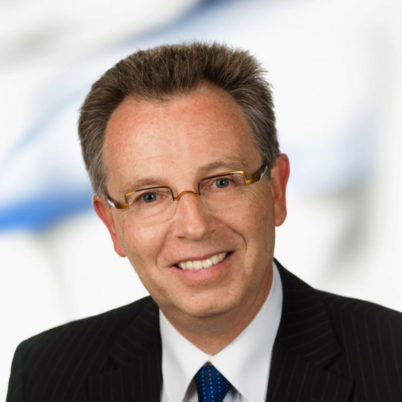
2010 - Italy
Roberto Barone
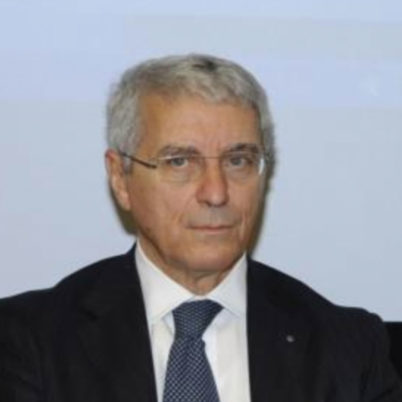
2009 - France
Bernard Reynis
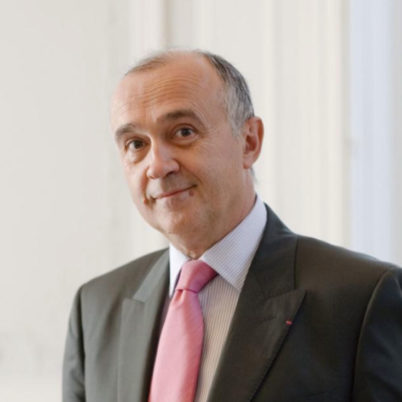
2008 - Spain
Juan Bolás Alfonso
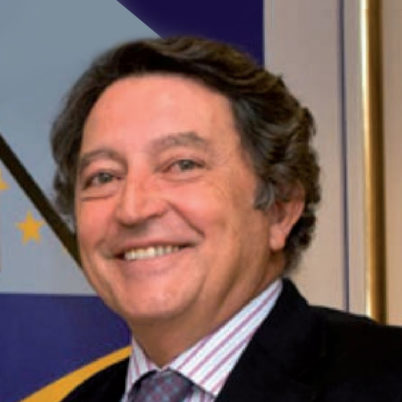
2007 - Austria
Klaus Woschnak
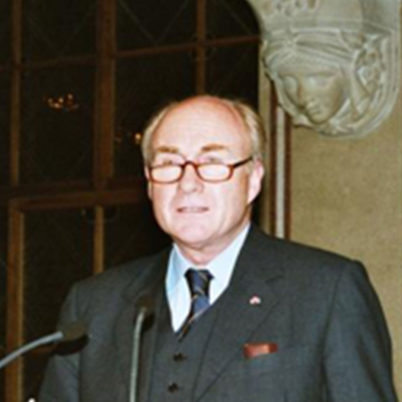
2006 - Luxembourg
Jacques Delvaux
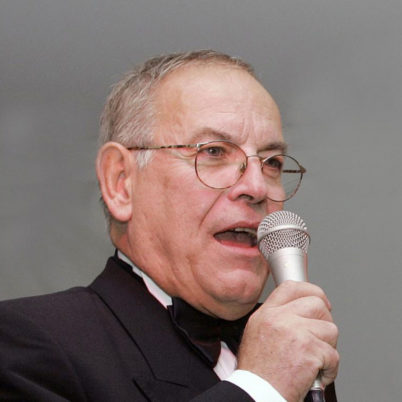
2005 - Italy
Paolo Piccoli
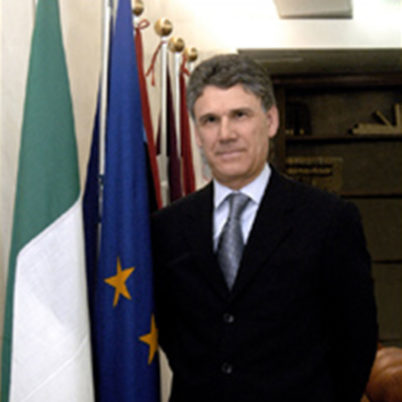
2004 - Greece
Nikolaos Stassinopoulos
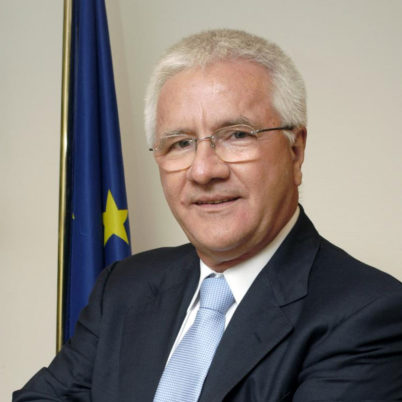
2003 - France
Armand Roth
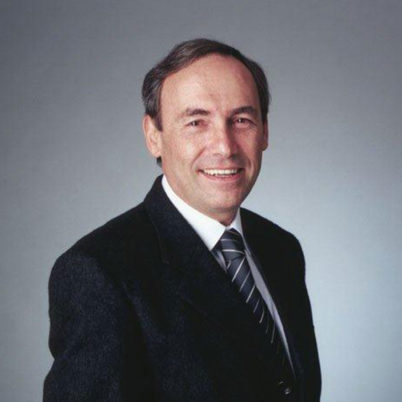
2002 - Spain
Juan Bolás Alfonso

2001 - Belgium
Karel Tobback
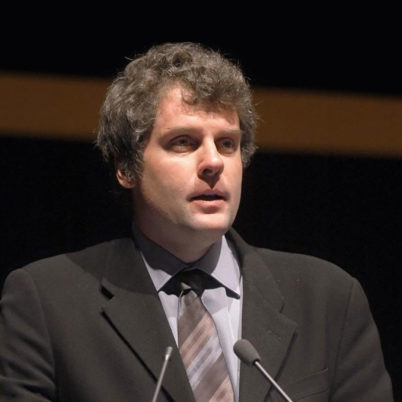
2000 - Austria
Georg Weißmann
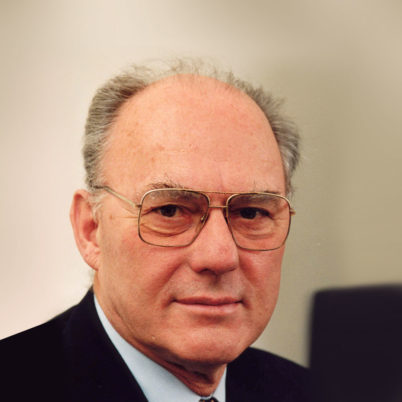
1999 - Germany
Hans-Dieter Vaasen
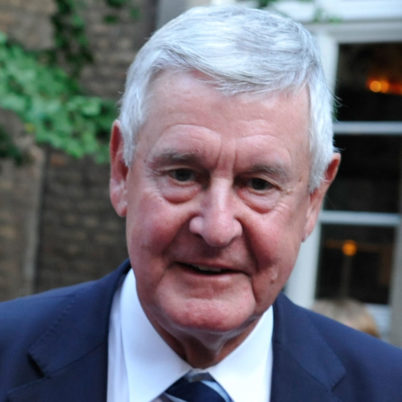
1998 - The Netherlands
Aart Heering
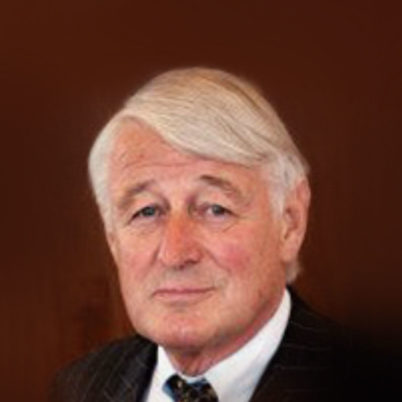
1997 - Luxembourg
Jacques Delvaux

1996 / 1995 - Italy
Giancarlo Laurini
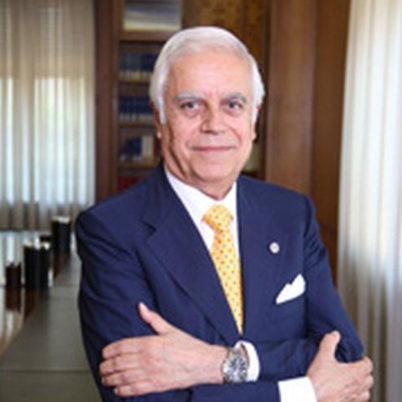
1994 / 1993 - Greece
Georges Anastassakis
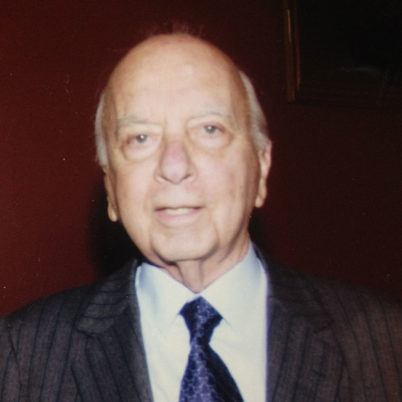
General Assembly
The General Assembly is composed of the Presidents of all the CNUE member notariats. The General Assembly is the political decision-making body of CNUE and usually meets three times a year. Among other things, it elects the President, approves proposals for major policy positions and priorities presented by the Board and ratifies the annual budget and financial accounts.
Board
The Board consists of the President, the Vice-President and five other directors. It is responsible for the day-to-day running of the CNUE’s work and makes decisions on everyday management. It usually meets once a month.
Working Groups
The CNUE set up working groups, the aim of which is to follow current EU developments and to draw up positions for the attention of the decision-making bodies. These working groups are composed of experts appointed by the CNUE member notariats and are chaired by a representative of one of the member notariats. In this way, the CNUE is present in every political or technical dossier that has an impact on the notarial function.
Permanent Office
Our team is composed of 8 members of different nationalities, experts in their fields of activity: lawyers, project managers, communication officers, etc. The members of the Permanent Bureau are responsible for monitoring the policy areas covered by the CNUE, relations with the European institutions, management of EU co-funded projects, internal and external communication, event organisation and the day-to-day management of the association. The Permanent Bureau is coordinated by the Secretary General.
